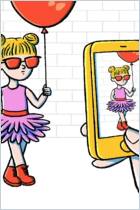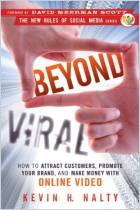Melden Sie sich bei getAbstract an, um die Zusammenfassung zu erhalten.

Melden Sie sich bei getAbstract an, um die Zusammenfassung zu erhalten.
Alana Semuels
Inside the Making of CoComelon, the Children's Entertainment Juggernaut
Time, 2022
Was ist drin?
Is CoComelon – the world’s most successful kid’s show – good for kids?
Recommendation
In 2005, Jay Jeon created CoComelon, a children’s show targeting the youngest demographic: Babies and toddlers. As Alana Semuels reports in TIME, he took the show from zero to two billion views per month on YouTube by 2018, then sold his company to Moonbug Entertainment in 2020. Two Disney executives acquired Moonbug and CoComelon for a cool $3 billion in November 2021. Today, CoComelon is a runaway hit broadcast in ten languages and packed with toddler charm. But for all of its success, some parents wonder whether it’s truly educational or if it – and other shows directed to the littlest kids – could possibly be addictive to those too young to resist its power.
Summary
About the Author
Journalist Alana Semuels is a senior economics correspondent at TIME magazine. The story features additional reporting by Julia Zorthian.





















Comment on this summary